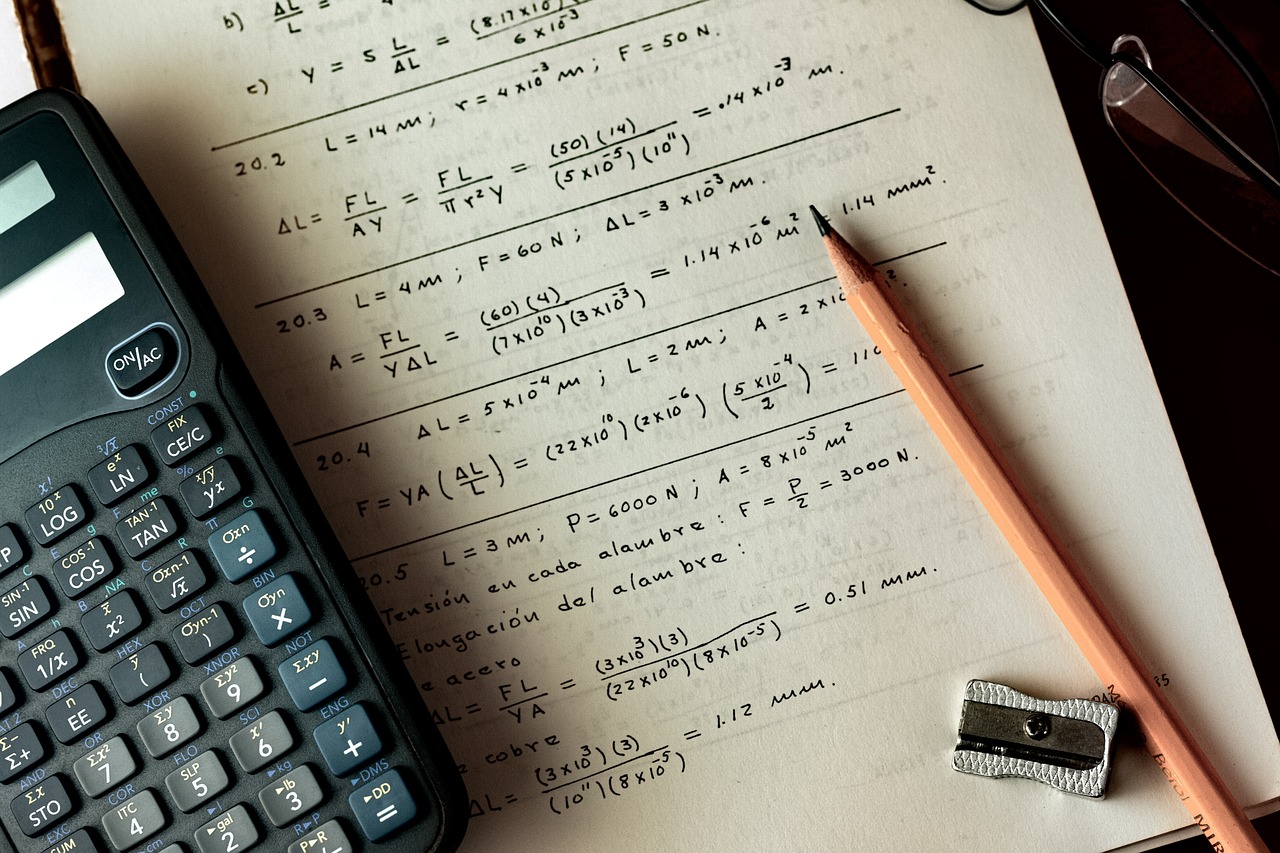
Preparing for a mathematics exam can be a daunting task, but with the right strategies, you can enhance your understanding and boost your confidence. Here are some effective strategies to help you prepare:
Understand the Exam Format :
Before you start studying, familiarize yourself with the exam format. Knowing the types of questions (multiple choice, short answer, long problems) and the topics covered will help you tailor your preparation effectively.Create a Study Schedule :
Plan your study time well in advance. Allocate specific time slots for each topic, and ensure you stick to your schedule. Regular, consistent study sessions are more effective than last-minute cramming.Gather Study Materials :
Ensure you have all the necessary materials, including textbooks, class notes, past papers, and online resources. Having everything in one place will save time and keep you organized.Review Your Class Notes :
Go through your notes from class lectures. Highlight key concepts, formulas, and methods. If there are any areas you don't understand, make a note to review them in more detail.Practice, Practice, Practice :
Mathematics is best learned through practice. Work on a variety of problems from different topics. Start with simpler problems to build your confidence, and gradually move on to more complex ones.Use Online Resources :
There are many online platforms that offer tutorials, practice problems, and interactive exercises. Websites like Khan Academy, Coursera, and MIT OpenCourseWare can provide additional explanations and practice opportunities.Form a Study Group :
Studying with peers can be highly beneficial. You can share resources, explain concepts to each other, and work through difficult problems together. It also makes studying more enjoyable and less isolating.Focus on Weak Areas :
Identify the topics you find most challenging and devote extra time to them. Use additional resources and seek help if necessary. Tackling your weaknesses head-on will improve your overall performance.Take Regular Breaks :
Don’t forget to take regular breaks during your study sessions. Short breaks help to maintain concentration and prevent burnout. Use this time to relax, stretch, or take a quick walk.Test Yourself :
Regularly testing yourself with practice exams will help you gauge your progress and get accustomed to the exam conditions. Time yourself to ensure you can complete questions within the allotted time.Review Mistakes :
When practicing problems, pay close attention to any mistakes. Understand where you went wrong and how to correct it. Learning from your mistakes is crucial for improvement.Stay Positive and Confident :
Maintaining a positive attitude and believing in your abilities can significantly impact your performance. Practice relaxation techniques and visualize your success to boost your confidence.Active Learning Techniques :
Active learning is more effective than passive reading. Engage with the material by summarizing information in your own words, asking questions, and teaching the concepts to someone else. Group study sessions can also be beneficial, as discussing topics with peers can enhance understanding and retention.Practice with Past Papers :
One of the best ways to prepare is by practicing with past exam papers. This not only helps you get familiar with the question format but also allows you to time yourself and simulate real exam conditions. The more you practice, the more confident you’ll become.Stay Healthy and Balanced :
Your brain needs fuel to function at its best. Maintain a balanced diet, exercise regularly, and ensure you get enough sleep. These habits are crucial for keeping your mind sharp and reducing stress. Incorporate relaxation techniques such as meditation or deep breathing exercises to stay calm and focused.Use Resources Wisely :
There are countless resources available to aid your study efforts, from textbooks and online courses to coaching classes. Choose the ones that work best for you, but avoid overwhelming yourself. Focus on quality over quantity and use these resources to supplement your understanding.Stay Motivated :
Staying motivated throughout your exam preparation can be challenging. Draw inspiration from personal stories of students who have succeeded despite the odds. Set small, achievable goals and reward yourself when you meet them. Visualization techniques and positive affirmations can also boost your confidence and keep you focused on your goals.Create a Study Plan :
A well-structured study plan is your roadmap to success. Start by breaking down your syllabus into manageable sections and allocate specific times to each topic. Consistency is key, so aim to study a little each day rather than cramming at the last minute. Here’s an example of a weekly study plan to get you started:- Monday: Math - Algebra
- Tuesday: Science - Physics
- Wednesday: Science - Chemistry
- Thursday: English - Literature
- Friday: Math - Geometry
- Saturday: Review and practice tests
- Sunday: Rest and relaxation
Leave a comment